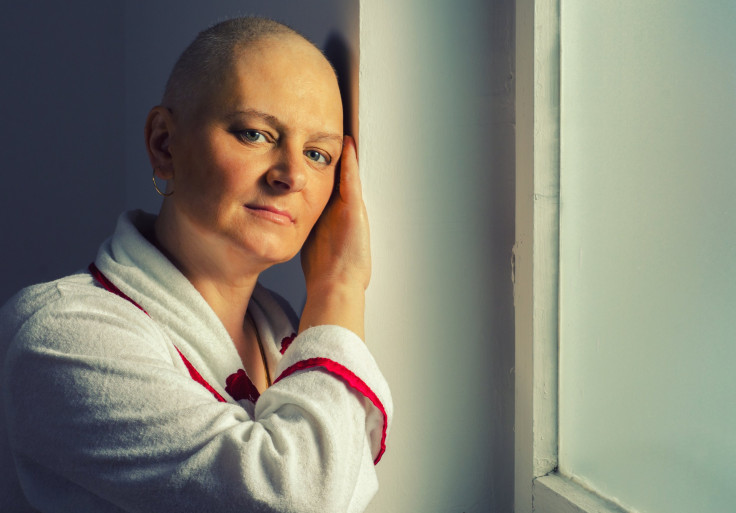Lung Cancer Patients’ Sexual Dysfunction Needs More Attention And Treatment, Say Doctors

The diagnosis of cancer can be devastating for an individual. Their whole life is interrupted as the cancer causes physical and psychological changes to their body. Medicine has come very far in improving the life quality of cancer patients, in terms of both pain relief and stress therapy. Sexual complication caused by cancer, however, is a problem often overlooked by doctors. At a recent conference in Geneva, Switzerland, a team of doctors tried to raise awareness for the common, yet seldom mentioned, issue of sexual dysfunction in lung cancer patients.
Problems with sexual expression and intimacy affected an estimated 40 to 100 percent of cancer patients, according to statistics published in a recent press release. As time goes on, these issues get worse rather than better. The problem is commonly overlooked and the majority of patients suffering from these symptoms go untreated. The little amount of information on the subject of cancer patients’ sexuality is largely based on breast, gynecologic, and prostate cancers. At the 4th Annual European Lung Cancer Conference researchers raised awareness on sexual problems experienced by patients suffering from lung cancer. The doctors discussed methods of evaluating the sexual functions of lung cancer patients and possible treatment for their sexual problems. “It’s time that doctors and scientists paid more attention to this important issue," said Stéphane Droupy, from the University of Nimes in France, at the conference.
Sexual problems associated with lung cancer are caused by both the emotional and physical implications of the diseases, as well as the impacts that the treatments have on an individual. When patients are first diagnosed with cancer, they often experience feelings of grief and depression. This will attribute to a loss of sexual desires. Lung cancer is quite an aggressive form of cancer. The physical changes caused by lung cancer and the treatments used to fight may be harsher than in other types of cancer. Treatments for lung cancer such as radiotherapy, chemotherapy, and surgery often cause a severe drop in a patient’s sex drive.
“Unlike other cancers, where survival is improving, lung cancer management often focuses on short-term quality of life improvement and palliative care. Sexuality is then even more difficult to protect or reconstruct in a short period of time when all efforts are made to stay alive,” Droupy explained.
Understandably, concerns about your sexual health may be the last thing on your mind after a cancer diagnosis. Experts emphasize, however, that the key to raising awareness on sexual problems caused by lung cancer is to begin talking about these issues at the onset of treatment. It is advised that lung cancer patients and their oncologist look for advice from health care professionals who specialize in sexual health.
Forms of treatment for this issue include pharmacotherapy and sex therapy. “Whatever the clinical situation, reconstructing sexual function can significantly improve a cancer patient’s emotional state. It is an essential step to revive a sense of personal integrity and masculine or feminine identity," Droupy said.
Published by Medicaldaily.com



























